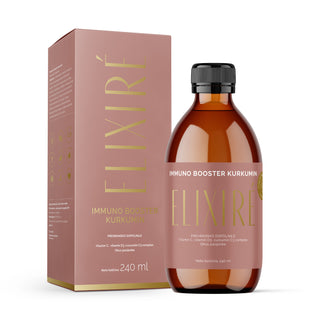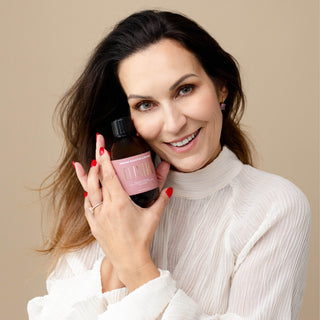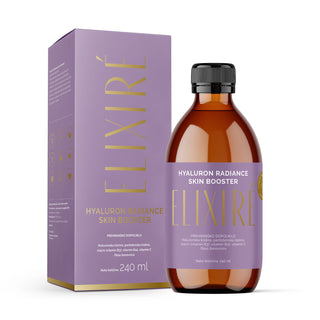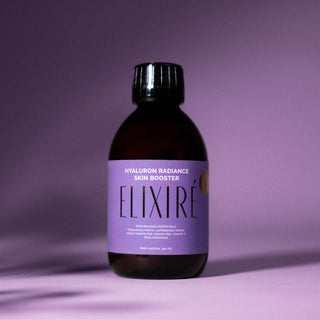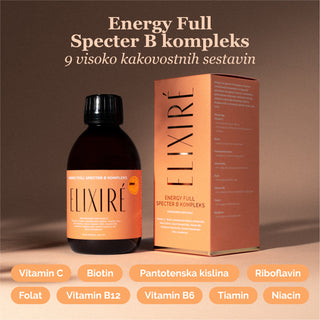Vitamin C is known as one of the most important vitamins for our body. It acts as a powerful antioxidant that protects cells from free radical damage, promotes collagen formation and improves immune system function. Although it is often associated with fighting colds, its benefits go much further. (1*)
Why is vitamin C so important for the body?
Vitamin C plays a key role in many bodily functions:
- Strengthening the immune system: It helps the body fight infections and diseases more effectively.
- Collagen synthesis: Vitamin C is essential for the formation of collagen, which is crucial for healthy skin, joints, and bones.
- Protection against oxidative stress: As an antioxidant, it protects cells from free radical damage, which is associated with aging and chronic diseases.
- Iron absorption: It helps the body better utilize iron from food, which is important for preventing anemia. (1*)
How does vitamin C benefit the skin?
Vitamin C is known as the elixir of youth for the skin.
- Skin lightening: It helps reduce dark spots and improves skin evenness.
- Wrinkle reduction: It promotes skin regeneration and reduces the appearance of fine lines.
- Protection against UV damage: It does not act as a sunscreen, but it reduces the harmful effects of UV rays on the skin. (2*)
Natural sources of vitamin C
Fresh fruits and vegetables are the best sources of vitamin C. Some of the richest foods include:
- Citrus fruits (oranges, lemons, grapefruits).
- Berries (strawberries, blueberries, raspberries).
- Peppers, broccoli and Brussels sprouts. (3*)
How to incorporate vitamin C into your daily routine?
While it's best to get your vitamin C from your diet, you can supplement it with supplements, especially during times of stress or illness. Vitamin C serums and creams will enhance your skincare routine and restore your skin's radiance.
Vitamin C is more than just a cold vitamin – it is essential for health and beauty. With regular consumption and use, you can support your body and improve the appearance of your skin.
Literature (*):
- Source: Vitamin C: the known and the unknown and Goldilocks (SJ Padayatty, M. Levine), http://pubmed.ncbi.nlm.nih.gov/26808119/
- Source: The Roles of Vitamin C in Skin Health, (JM Pullar, AC Carr, MCM Vissers), http://pubmed.ncbi.nlm.nih.gov/28805671/
- Source: Criteria and recommendations for vitamin C intake, (M. Levine, SC Rumsey, R. Daruwala, JB Park, Y. Wang) http://pubmed.ncbi.nlm.nih.gov/10217058/



